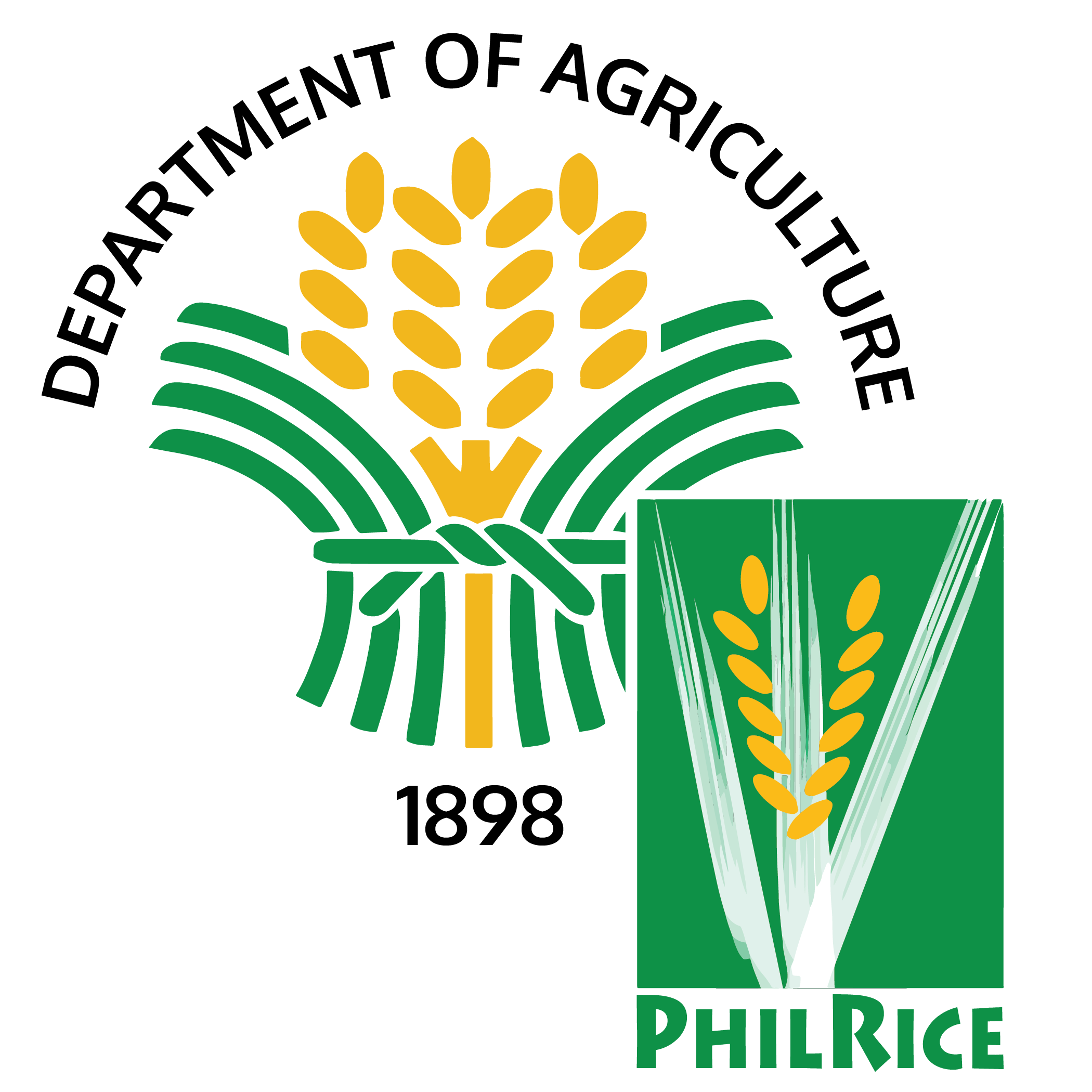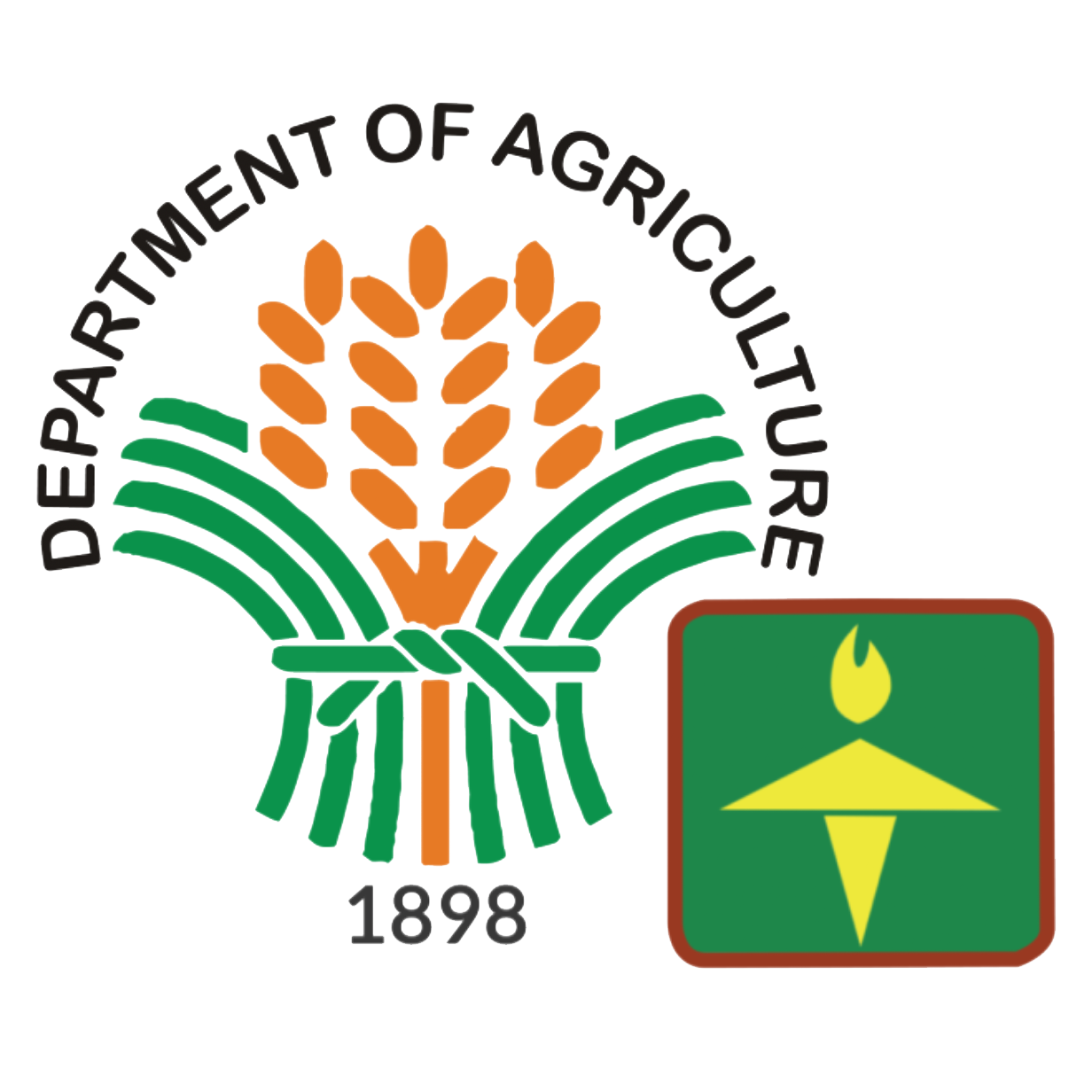
Motivation
Situated in the Ilocos Region, Mangatarem, Pangasinan is a home for a Juana with a passionate heart in serving the people. Lea Astrude Santiago, whose dreams to alleviate hunger and poverty turned into a mission as she changed her career path from being a politician into a farmer.
Santiago started her journey in public service at a young age. She became part of Sanggunian ng Kabataan when she was 19 years old. After that, she got elected as a barangay kagawad; she became a councilor in Marikina for two terms.
Whenever she visited Pangasinan, she always noticed that their province had a large land area for rice. Mangatarem, her mother’s hometown, is considered the rice granary of Pangasinan.
However, she got confused when she learned that farmers are in debt, bereft of enough food to eat, and lack money to buy their food – contradicting their job as food producers. Santiago was surprised when farmers attributed their problems to “gawat”. It challenged and motivated her to help farmers eradicate “gawat”.
Humble Beginning
The life she led was serving the people through politics. She was not interested in farming since it was preoccupied with her political advocacies. Nonetheless, upon retiring from public service in the City Government of Marikina, she realized that it was time for her to serve her mother’s hometown.
She wanted to help the community not as an elective official but as a simple private person in her way. Her journey in agriculture started when she established the Our Farm Republic (OFR), which her family purchased in the late 1990s.
The path she took was a rocky road. She did not know much about agriculture, but her commitment, dedication, and heart’s desires pushed her to continue what she started.
Santiago asked for barangay and municipal assistance, which helped her attend the Department of Agriculture (DA) training activities. The training activities brought an entirely new spin in her journey as she realized that farming is good, but it is better to share knowledge with the community. That realization encouraged her to make her farm a government partner.
Currently, OFR is a DA-accredited Organic Techno-Demo Farm; a Learning Site for Agriculture (LSA), and a School for Practical Agriculture (SPA) of the Agricultural Training Institute (DA-ATI); an accredited Farm Tourism Site of the Department of Tourism (DOT); and an accredited Farm School of the Technical Education and Skills Development Authority (TESDA). The farm was also certified following Good Agricultural Practices (GAP) in the Philippines.
Indeed, partnering with the government gave birth to a better version of OFR with a more robust mission – combating “gawat” through knowledge sharing on modern agricultural technologies.
Our Farm Republic
Santiago personally coined “Our Farm Republic”. She intentionally chose the word “our” because she wanted to depict a feeling of owning a farm to her farm visitors. Also, she set “Masayang Buhay, Masaganang Ani” as OFR’s tagline.
Meanwhile, Santiago dreamed of living on a farm where she could harvest at any season. She believes that farmers should never have “gawat” season and experience hunger. Instead, they should have enough food to feed their family, share with the community, and sell. Thus, farming for her is not about producing alone but also earning to improve the economic condition.
Thus, she made OFR an integrated, diversified, and organic farm. It is wholly planted with vegetables, herbs and spices, edible flowers, and rice. She also raises livestock and fish on her farm. Having all of these on her farm, she called themselves “Team Busog”.
Programs for Rice Farmers
Her innate sense of leadership caused a ripple effect in her community. OFR, being one of over 200 farm schools nationwide, administered the Rice Competitiveness Enhancement Fund – Farmer Field School (RCEF-FFS) under the Rice Extension Services Program (RCEF-RESP).
In fact, in 2020, OFR provided free training on the latest methods and technologies on producing high-quality inbred rice, seed certification, farm mechanization, and financial literacy under FFS to 75 farmers.
Aside from promoting modern rice farming technologies, Santiago is also advocating good farming practices among farmers. One of which is smart financial management.
Improper record-keeping is among the poor farming practices that she observed. In addition, farmers did not include their labor fees and rent to pay in their expenses, so she emphasized it whenever she conducted the training. Santiago believes that meticulous women can significantly contribute to the problem.
Reaping the Lifelong Gem
Santiago did an excellent job with zero knowledge in agriculture as she is now reaping the lifelong gem of her hard work.
“Success is knowing that, whatever it is that you believe, you can influence other people. I am not saying that our practices are the best, but I am sharing that those practices work for me, and I hope those work for you, too,” she concluded.
The recognition they are receiving is priceless. However, Santiago’s true gems are those farmers she trained who now combated “gawat” through farming by following her teachings and initiatives.
RCEF-RESP
Written by: Sweet Jessabel M. De Guzman
#yunPALAYun
#PalayWakinAngGaling











